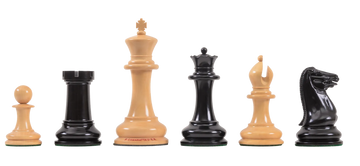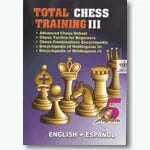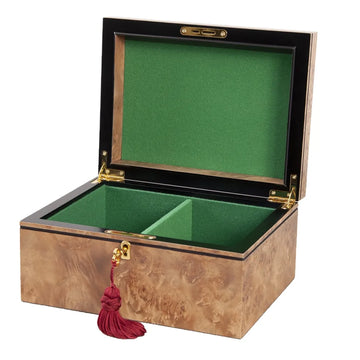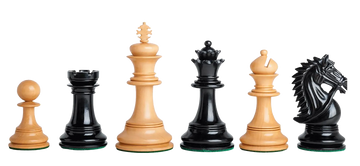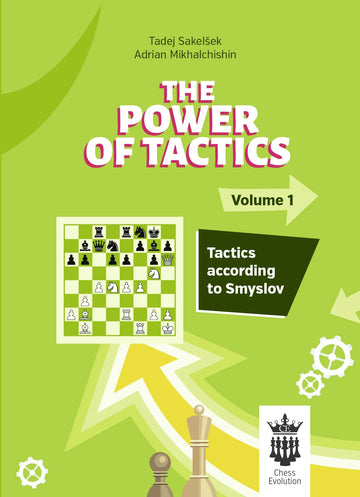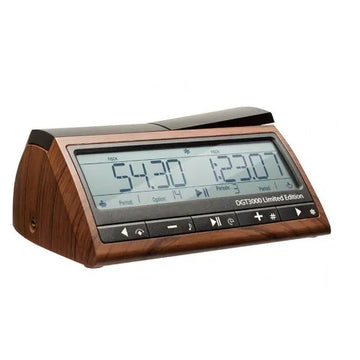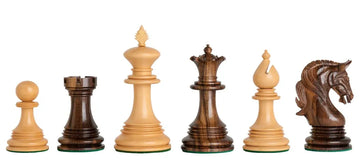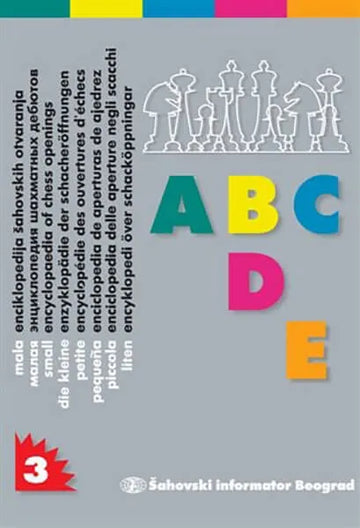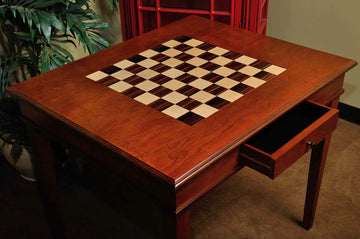Beginner Mistakes When Learning Chess
If you have just stumbled upon chess, perhaps having played it before as a kid, or are discovering the game for the first time, or maybe trying to help a child learn the game, there are common beginner mistakes to be aware of in your learning process. Learning chess incorrectly, much like learning an instrument, can lead to the development of bad habits. Avoiding bad habits from the beginning and focusing on solid, coach-approved learning methods for chess can help increase your ceiling and overall improve your chess more quickly and efficiently.

Don’t be Overwhelmed
Learning chess, especially if you have never played before, can be incredibly overwhelming, and can even cause many people to never attempt to learn more than just how the pieces move. The first step to learning chess is to realize that you will be bad! And that's okay! An experienced chess player will beat a beginner chess player one hundred times out of a hundred, even if the beginner has a strong aptitude for the game. Similar to a beginner musician, even if you are a gifted musician, picking up a brand new instrument means you have to learn the basics before you can play.
Teaching Yourself Chess?
Teaching yourself chess is an incredible endeavor, and it is definitely possible. Don’t give up just because you still lose a few games after learning how the pieces move. I will try to identify ten common mistakes that I, as a chess coach, have observed people make when learning the game. These mistakes can cost you games, as well as time. Inefficient learning is a disaster, especially for adult learners. These tips and insights are applicable to all chess players, but particularly to those who are just starting out. These mistakes are mistakes in the process, not on-the-board blunders.
Mistake #1: Not Playing Enough Real Games!
The first mistake I see beginner chess players make when trying to learn chess is not playing enough games. Beginners, especially children, can sometimes have a fear of playing with other people. This is usually a confidence issue or just a fear of failure. Playing chess, however, is the number one best way to improve at the game (as long as you also analyze your games, which we will discuss later). The best way to improve is to play.

Playing Bots
Some students I have seen compensate for this fear by playing against bots online rather than against people. Now, I am not completely anti-bot; however, playing only bots, especially low-rated ones, can give you a false impression of how real players play. Bots will often play odd moves, like failing to recapture pieces, just to be low enough rated. If this is the only way a student can play, then it is better than nothing, but try to build your confidence to play with other humans, so that you can get used to more normal play.
Mistake #2: Playing Too Much
Now, you might say, “I thought the first mistake was not playing enough!” That’s correct, but the second most common mistake I see in beginner chess players is playing games excessively without any other study or practice. Truthfully, if you just play chess constantly, you probably could breeze up to 600 ELO, even maybe 700 or 800. However, to improve more quickly and break 1000, you need to analyze your own games and complete chess puzzles to train your tactics.
Mistake #3: Avoiding Chess Tactics & Puzzles
To drastically improve your chess as a beginner, ensure you practice chess tactics through chess puzzles. Learning tactics in chess is like gaining a superpower on the chessboard. Finding a fork can completely change a game. In order to find chess tactics regularly in your games, you have to do what some students think is boring: chess puzzles. You can find a great puzzle book, or do puzzles online on websites like Lichess.org. Missing forks, pins, and skewers in real games will cause you to lose games that you could have won.
Mistake #4: Spending too Much Time on Opening Theory
Beginners, especially adult improvers and learners, love to learn openings. They tend to think that if they can just memorize every move of the Sicilian Defense, then they will finally win games. Now, I am less against learning openings as a beginner than some coaches, but spending too much time on opening theory as a beginner can be a waste of time. I recommend spending enough time learning responses to moves that you often see, so that you are confident when you sit down at a chessboard that you will not have a losing position within the first three moves. So, if you play 1.e4, make sure you know what to play if they respond with d5. But, don’t spend five hours learning twenty moves of opening theory to play against the Scandinavian Defense when your opponent is going to play something random on move three anyway. Avoid chess blunders and traps early, but don’t spend too much time learning exact moves.

Mistake #5: Underestimating the Endgame
Beginners love to learn openings, but they often neglect to learn even the most basic endgame principles! Failing to study endgame principles, such as king activity and pawn promotion, could cost you games. At the beginner level, this also means learning your basic checkmates, such as queen and king checkmate, the ladder checkmate, and the rook and king checkmate. There is nothing worse than doing all the hard work to win a game and then not knowing how to convert it into a checkmate. I have seen many tournament games where there was a draw instead of a win, even when a player had a queen! Don’t let that happen to you, drill your basic endgames online!
Mistake #6: Not Understanding Your Time Usage
If you are new to chess, you may not have a good grasp of how the different time controls work or how important your time usage is in chess. For starters, for learning purposes, play longer games. Online, this means games are usually categorized as “rapid,” which last between ten and fifteen minutes. This is enough time to actually think through your moves. Most beginners struggle and make their moves far too quickly, and don’t use their time to think. Others struggle with overthinking and running out of time. Figure out which kind of player you are and then work on discipline one way or the other, either forcing yourself to think longer, or making yourself make moves quicker when possible.
Mistake #7: Weak Board Vision & Pattern Recognition
Speaking of discipline, one mistake I see beginners make is not working on their broad vision or pattern recognition. This not only means that they haven’t done enough puzzles, as I said before, but also that they don’t make a move to discipline. Before making a move, consider factors such as whether you are moving to a safe square, examining the checks in the position, and identifying any captures or threats on the board in order to avoid chess blindness.
Mistake #8: Not Calculating Moves
Not considering forcing moves, such as checks, captures, and threats, before making a move is an example of playing moves quickly without proper move calculation. One of the biggest mistakes I see players make is failing to look just one move further in a calculation. They will give up after they see that their queen gets captured, without looking at the follow-up checks you have, which would allow for a checkmate.
Mistake #9: No Game Analysis or Chess Training
If you play games without taking the time after to analyze or look at a game analysis, then you are missing out on a chance to improve your chess training. Every single chess curriculum that a coach could use would include having students play games and then analyze those games.
How do you Analyze a Game?
At the beginner level, analyzing a game just means reviewing the game after you have played with a “curiosity” mindset. Where were your mistakes? Why were they mistakes? What could you have played that was better? Why did I make this mistake? How did I miss this move? Why did my opponent play this move? Do I think my position would have been better if I had made a different move? These are the kind of questions that you can ask yourself while reviewing a game. Try not to just rely on features like “game review,” but if you do, try to focus on the moments where the evaluation shifted, and see what you can learn from those moments. Avoid simply scanning over the blunders or missed wins and moving on to play the next game, assuming the computer said you played fine.
Mistake #10: Not Using Online Resources Wisely
If you are trying to teach yourself chess, you will likely be using a plethora of online resources. This can be a great way to learn, but be sure to use it wisely. Don’t just watch opening trap videos on YouTube! There are numerous excellent online chess lessons, including those offered by sites like chess.com, which provide grandmaster insights. Watch out that you don’t spend all your time reading lists like this, and not actually studying and playing chess!

